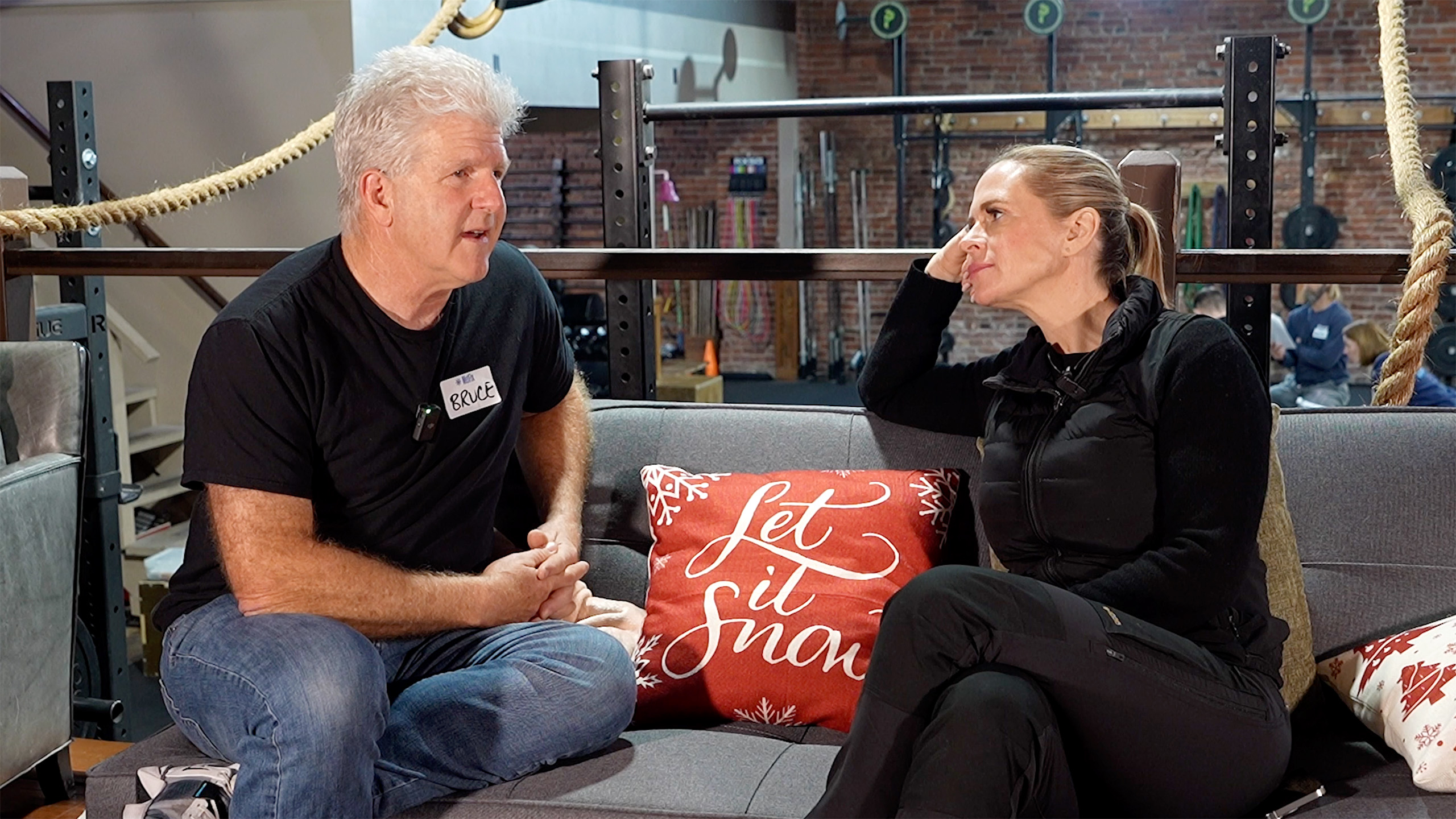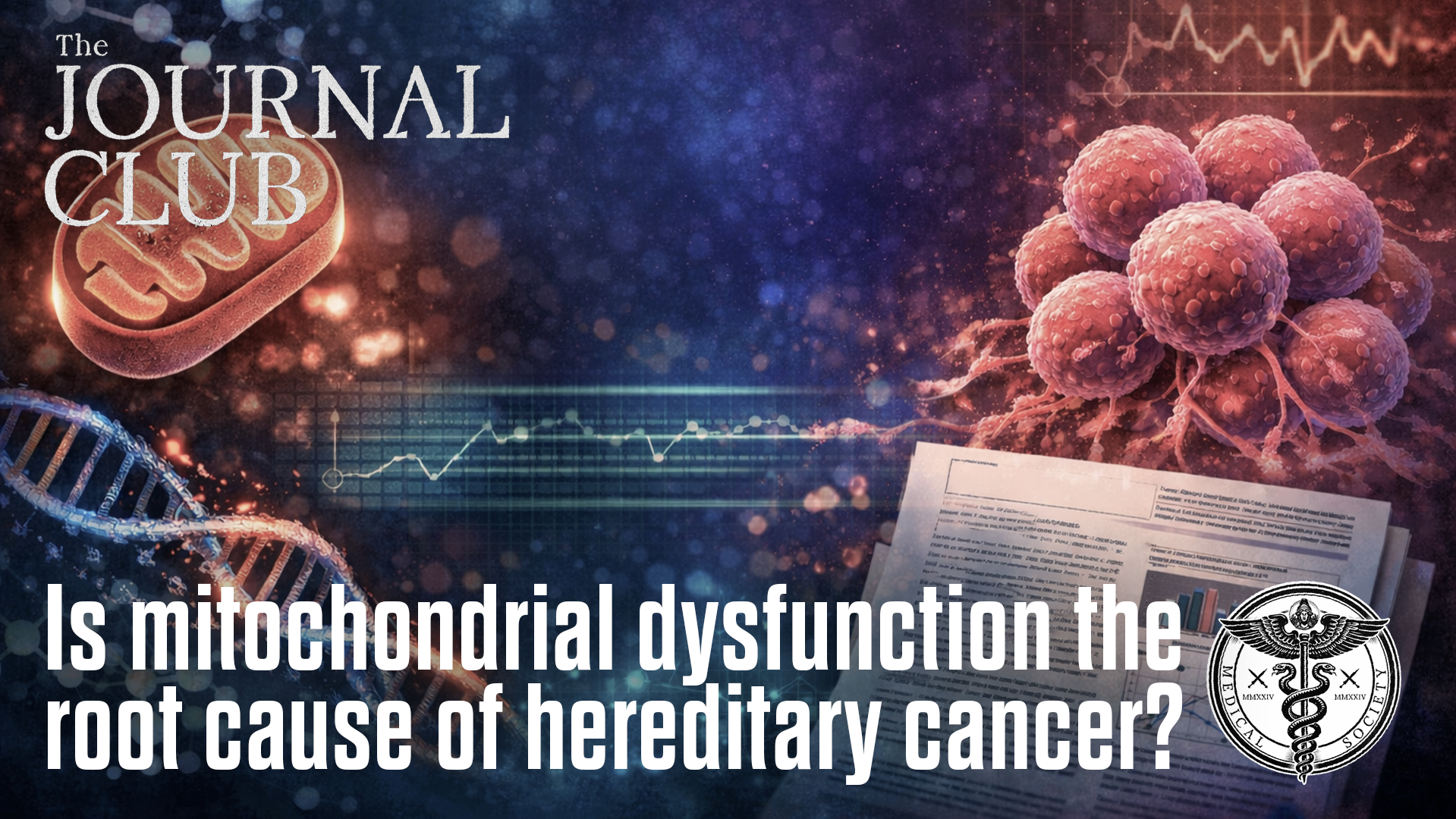In this episode of Emily Unleashed, Dr. Edward Calabrese discusses his research on hormesis and the flawed origins of the linear no-threshold (LNT) model, which has shaped regulatory policies on radiation, chemical exposure, and cancer risk for decades. The LNT model assumes that even the smallest doses of radiation or carcinogens can cause harm, with no safe level of exposure. Dr. Calabrese argues that this model is based on a flawed understanding of biology, particularly the failure to consider the body’s ability to repair damage from low-dose exposures.
Considered by many to be “Mr. Hormesis,” Dr. Calabrese has spent much of his career researching the phenomenon, which suggests that low doses of harmful substances like radiation or chemicals can actually have beneficial effects by stimulating adaptive responses in cells.
The more widely accepted LNT model traces back to the work of Hermann Muller, who won a Nobel Prize in 1946 for his research on radiation-induced mutations. Muller claimed that radiation caused mutations in a linear fashion, but Calabrese reveals that Muller’s findings were based on incomplete or flawed data, and Muller ignored or suppressed evidence that contradicted his theory, particularly the existence of DNA repair mechanisms.
The acceptance of the LNT model led to overly conservative public health policies and regulations, such as expensive cleanup efforts for contaminated sites and excessive fear of low-dose exposures. Calabrese argues that a paradigm shift that embraces hormesis could revolutionize treatments for diseases like cancer, Alzheimer’s, and Parkinson’s, and could lead to more effective and less costly public health regulations.
The full episode is available for Members of the BSI Medical Society or through premium membership of our YouTube channel.
Full Episode (Med Society)
Full Episode (YouTube)
LISTEN AS A PODCAST
The art and science of changing our collective conversation. This critical thinking project highlights the people who are smart enough to see the problem AND brave enough to expose it. The show pays homage to those who dare to challenge conventional wisdom.
Support the Broken Science Initiative.
Subscribe today →
recent posts
A Conversation with Bruce Edwards on Metabolism, Community, and the Road to Health
Journal Club: February 5, 2026
When number-chasing replaces treating the root cause


